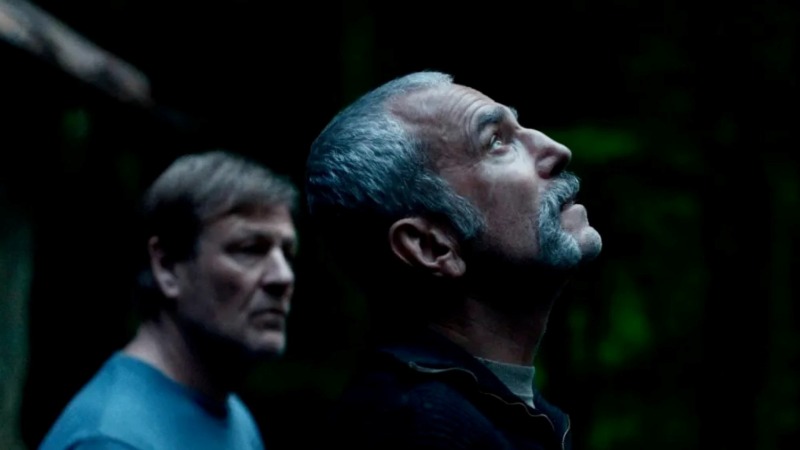NYFF: Daniel Day-Lewis Returns with Family On His Mind in Anemone

Now that Daniel Day-Lewis has seemingly completed his tour of pre-World War II American history, Anemone brings him into the present day for the first time in nearly 30 years, breaking a longer streak than his two-time collaborator Paul Thomas Anderson. It also brings him out of the closest he’s come to actual retirement: an eight-year break since Phantom Thread, the longest of his career (especially notable when said career has produced seven feature films in a quarter-century). At a New York Film Festival screening, Day-Lewis allowed some regret for allowing his pause in acting to be framed in those terms, just because of the attention it inevitably receives, but also expressed a feeling that to not do this movie just to avoid contradicting something he said six or seven years ago would be worse than any perceived take-backs.
Still, Day-Lewis didn’t exactly sound as if Anemone would mark a newly prolific phase in his career. There’s something deeply sweet about the fact that short of a Scorsese, Spielberg, or Anderson, what will coax Day-Lewis back into cinema is the opportunity to work with his family, whether with his wife Rebeca Miller on The Ballad of Jack and Rose, or his son Ronan Day-Lewis on Anemone, which the younger Day-Lewis directed, from a screenplay written with his dad. (Let’s assume he had a second cousin or something working on Nine in some capacity.)
His first-ever screenwriting credit is in service of a much smaller movie and character than the more titanic figures he’s occasionally played over the past few decades. Yet there is a touch of Day-Lewis’s isolated characters for Paul Thomas Anderson in Ray Stoker, though Ray seems less inclined to compromise that isolation, the way that There Will Be Blood’s Daniel Plainview must make some concessions to the humanity where he finds “nothing worth liking” in order to become an oil baron, or how the fussy designer of Phantom Thread does ultimately submit to the love of his life. Ray, on the other hand, left his former partner Nessa (Samantha Morton) and their son Brian (Samuel Bottomley) years and years ago, retreating into a shack deep in the woods.
That’s where his brother Jem (Sean Bean), who has stepped in as both partner and father in Ray’s absence, must go to retrieve him when Brian is faced with a spot of trouble. Brian has gone AWOL from the military, and has less than a week to change his mind or face severe punishment. The thinking seems to be that Ray, a former military man himself who fought against the IRA years ago, might coax his son into returning, sparing the young man’s life from ruin. Why a committed hermit with an eventually-revealed dark chapter in his military past is considered a good candidate to argue against going AWOL is not especially clear. The closer the movie hews to anything resembling traditional domestic drama, the less satisfying it is.
-

-

-

-

-

-

-

-

-

-

-

-

-

-

-

-

-

-

-

-

-

-

-

-

-

-

-

-

-

-

-

-

-

-

-

-

-

-

-

-








































